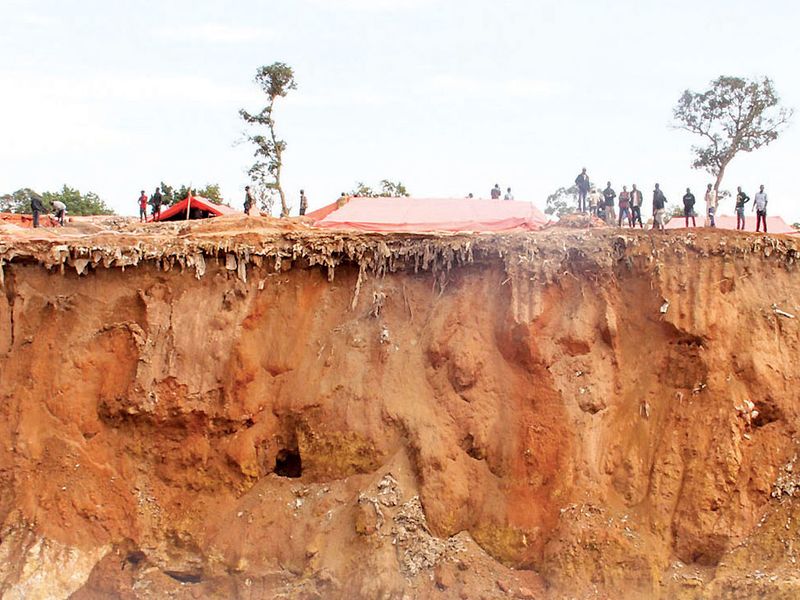In 2015, BBC News called the “dystopian and horrifying” lake a byproduct of the world’s “tech lust.”
Human rights and environmental abuses in the supply chain are likely to come under greater scrutiny in the coming years as the demand for batteries increases. Automakers plan to roll out dozens of new electric models between now and the end of the decade.
Much can be done in the U.S. to address those issues in the supply chain, said Abigail Wulf, director of the Center for Critical Minerals Strategy, part of a Washington, D.C., nonprofit advocacy for clean U.S. energy. That includes increasing domestic mining and processing capabilities and working with allies to source materials from elsewhere and put pressure on other countries to clean up their practices.
“The main thing is instituting a level of radical transparency within our supply chains,” Wulf said.
She said it was important for the U.S. to build up a strong relationship with allies to ensure that the materials used in EVs on American roadways are sourced ethically. Elected officials in Canada, for instance, have in recent months aimed to boost mining operations in that country to become a greater part of the supply chain.
“We want to work with our allies to try to create, whether it’s a new trade deal or trade agreement … to commit to sourcing things that adhere to high standards,” Wulf said. “And we want to use traceability frameworks, whether it’s blockchain or something else, to prove that things actually do adhere to these standards throughout the entire supply chain.”


